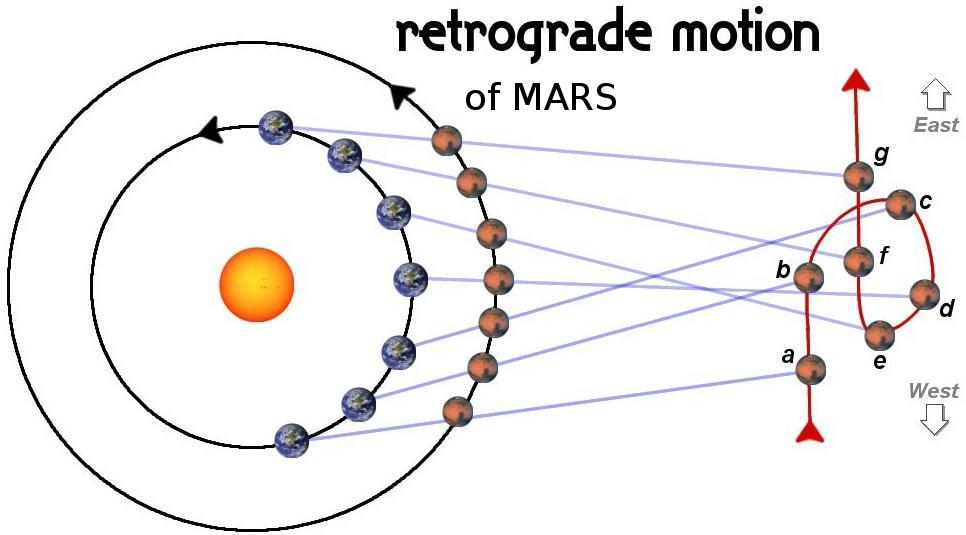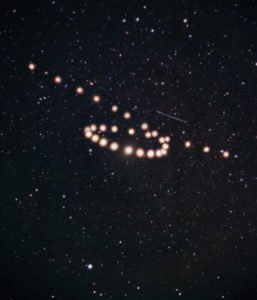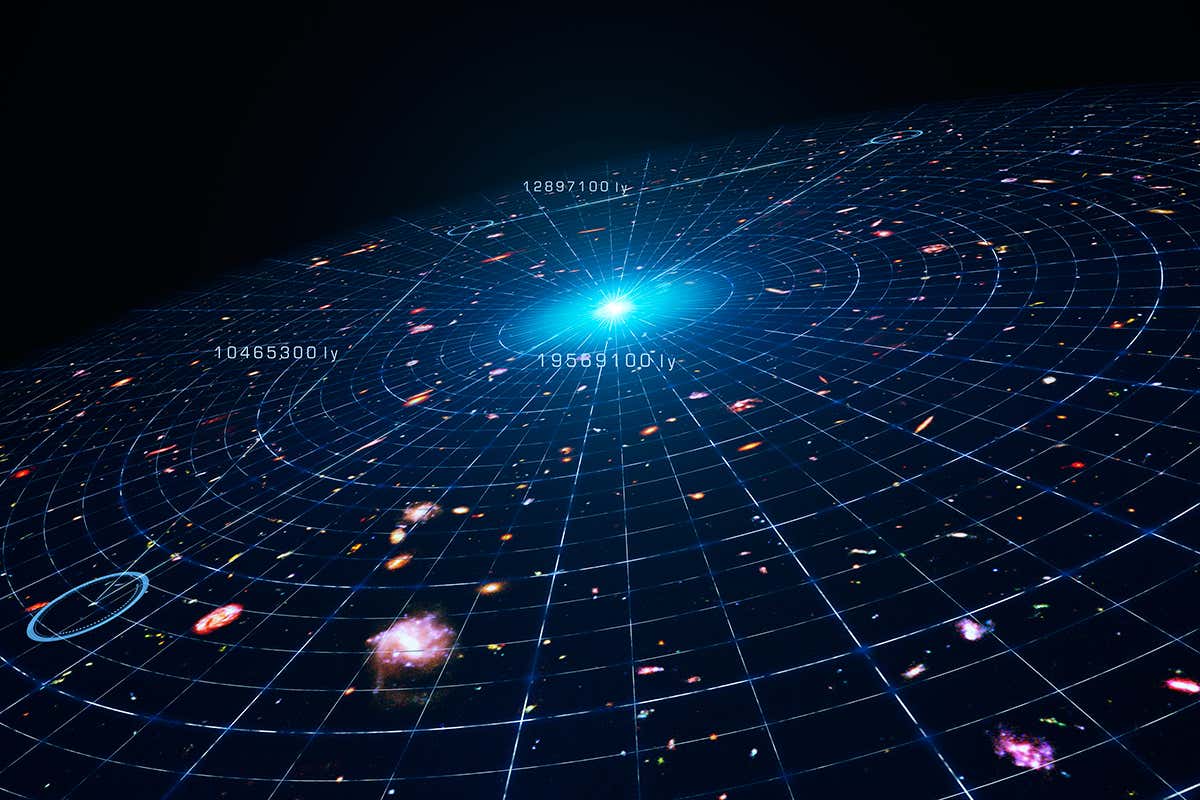.jpg%22&N=Bernard_Picart_-_Ixion_in_Tartarus_on_the_Wheel_1731_-_(MeisterDrucke-319614).jpg)
IXION: The worst of the worst?
One could describe the Tartarus society as the mythological Universe's most exclusive club. For those who might have forgotten (or were prudent enough not to have paid attention), Tartarus is the Underworld's punitive region. It is the deepest chasm of the dead world in which only the most incorrigibly iniquitous souls are condemned to suffer unspeakable and ineluctable torments. Down there one would find the deceitful Sisyphus rolling a rock uphill each day only to have it descend back to the base overnight. One would also encounter the child-cooking Tantalus neck deep in water and under the shade of fruit laden branches. Though parched with thirst and ravenously hungry, he can neither drink the water nor pick one of the hanging fruits. Torture without reprieve for all eternity. Say what you will about Zeus -and there is plenty to say- he certainly knows how to mete out horrific punishments. We can find no better example of this harsh sense of justice than in the case of Ixion. Of course, after reading about Ixion, one might find it exceedingly difficult to feel sorry for him. The son of war god Ares and Permele, Ixion was a Thessalian king who ruled the Lapith people. It was said that his reign of terror for he was as cruel as he was unwise. In personal matters, he proved to be no better. He had resolved to marry Dia, the beautiful eldest daughter of his kinsman Eioneus. Eioneus consented to the marriage, provided that Ixion pay a substantial bride-price: many steads and a stead's weight in gold. Ixion agreed to the terms, asking only to have the wedding precede the payment, for he needed time to collect the necessary funds. So, Ixion married Dia, while Eioneus allowed his new son-in-law one year and one day to furnish him with the gold and horses. Ixion had instructed Eioneus to visit his (Ixion's) house on the appointed day to claim the bride-price. Just before Eioneus reached the entrance, he fell into Ixion's trap: a deep pit filled with burning coals. Ixion watched with bemusement as Eioneus perished in anguish. Though he avoided having to pay the bride-price, Ixion needed someone to perform the necessary purification ritual so as to avoid posthumous punishment. Everyone was so shocked at his crime that he could find nobody to purify him. Finally, Zeus took pity on Ixion and invited him to Olympus where the god, himself, would perform the ritual. Zeus secretly lusted after Dia, himself, and was therefore sympathetic toward the king. However,soon after arriving on Olympus, Ixion attempted to seduce Zeus' wife, Hera. Hera fled and informed her husband about Ixion's impertinence. Zeus then fashioned a cloud into the same exact form as Hera, down to the last detail. This imposter, named Nephele, sought out Ixion who promptly committed adultery with her, much to Zeus' chagrin. After the encounter, Zeus condemned Ixion to an eternity in Tartarus. Ixion was bound by snakes to a wheel turning ever after over inextinguishable flames. As a consequence of her coupling with Ixion, Nephele gave birth to the fearsome creature Centaurus, Centaurus went on to mate with the wild horses of Mount Pelion to produce the fearsome race of Centaurs. All these Centaurs, save Cheiron, were known to have been vicious, lusty, deceitful and crafty, much like their grandfather who spins for all eternity over the flames of Tartarus.
THE DAILY ASTRONOMER
Tuesday, September 8, 2020
Remote Planetarium 84: More Questions I
During this "Remote Planetarium" course we have collected a few questions that have hitherto gone unanswered. Hence, a two day diversion from our galactic exploration. No worries. We'll be returning to the Milky Way's outer reaches soon enough.
What does it mean that Mars is going retrograde on September 9th?
-S.H.
We should first point out that all the planets revolve around the Sun in the same direction. They do not reverse course. However, the planets do move at different velocities. The closer planets move more quickly than those farther away. (Example: Mercury's average orbital velocity equals 160,000 miles per hour; Earth's average velocity is only 66,000 MPH.) Being Earth-bound observers, we are watching moving planets from a moving platform. If we were somehow to see planets from a stationary platform, they would all appear to move along the same direction.
Mars is farther from the Sun than Earth, so its orbital velocity is slower. At times, Earth will pass directly between the Sun and Mars. We refer to this configuration as "Mars at opposition." Generally, we see Mars moving in a "prograde" manner: west to east over the course of many nights. However, when Earth approaches Mars, the latter planet will eventually appear to "stop" relative to the background stars before starting a 'retrograde loop,' as Earth passes by Mars. When Earth moves on, Mars will eventually become "stationary" again before resuming prograde motion.

This apparent reversal is illusory, caused by the relative motions of the two planets. Remember that we mark a planet's position against the stars. These stars serve as landmarks by which we measure the changing positions of other celestial bodies.

September 9, 2020: Mars stationary. Begins retrograde motion
October 13, 2020: Mars at opposition
November 13, 2020: Mars stationary. Resumes prograde motion
Since matter and energy are equivalent, is dark matter the same as dark energy?
K.S.
One would think so, but "dark matter" and "dark energy" are entirely different. Dark matter refers to material within the Universe that doesn't emit any radiation and so is called "dark." Astronomers believe dark matter exists because of the gravitational influence it exerts on visible matter. Dark energy refers to the "force" responsible for accelerating the Universal expansion. Astronomers know that the Universe has been expanding since its birth 13.8 billion years ago in the "Big Bang" event. It was believed that the Universal expansion would slow down over time due the gravitational pull of the matter within it. Yet, researchers in the late 1990s determined that the expansion is actually accelerating, instead. As no known physical force can explain this phenomenon, astronomers ascribe it to 'dark energy.' The "dark" in this instance refers to our ignorance of its nature. Dark matter and dark energy together comprise the majority of the cosmos. However, they are not the same.

Dark energy is the unknown force believed to be responsible for the acceleration of the Universal expansion. Dark matter refers to the material that does not emit light, but is known to exist because of its influence on visible matter.
To subscribe or unsubscribe from the Daily Astronomer: